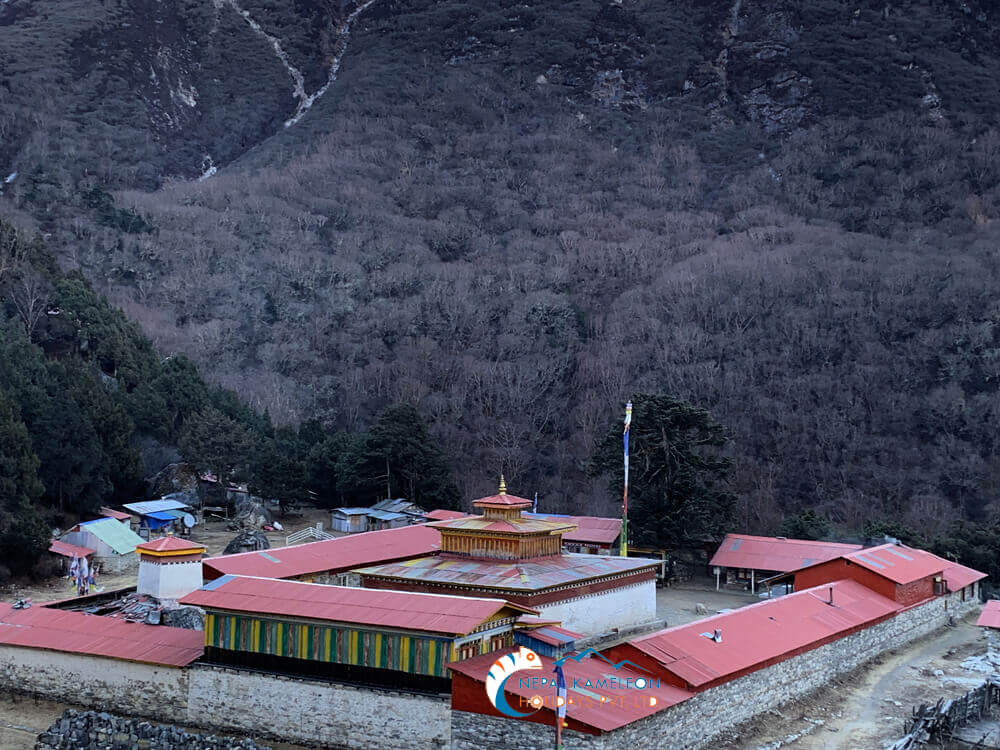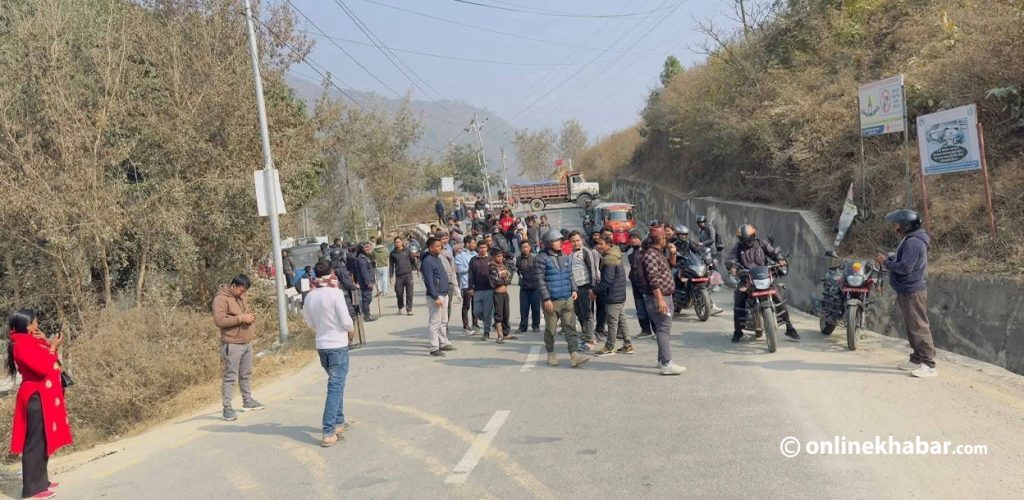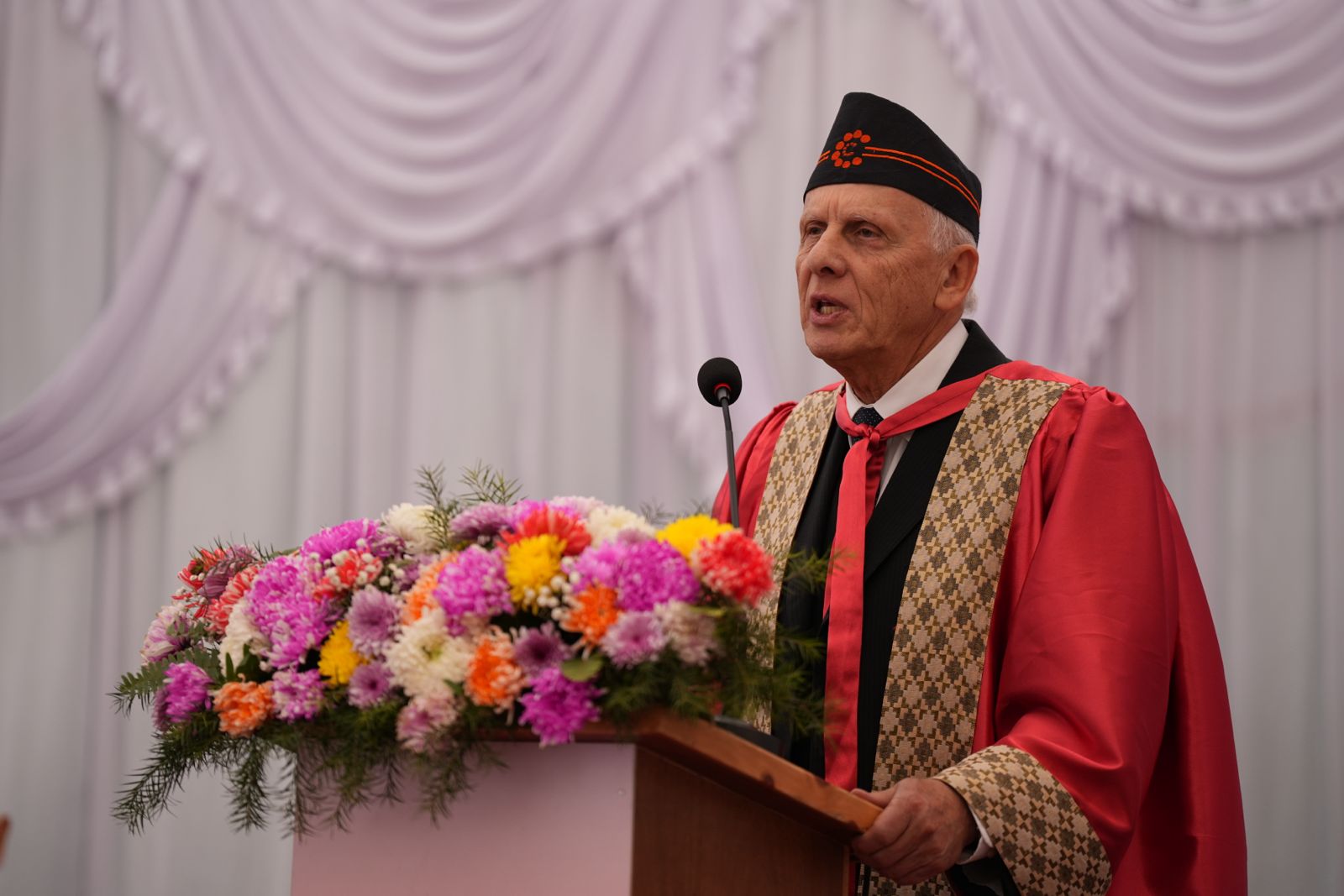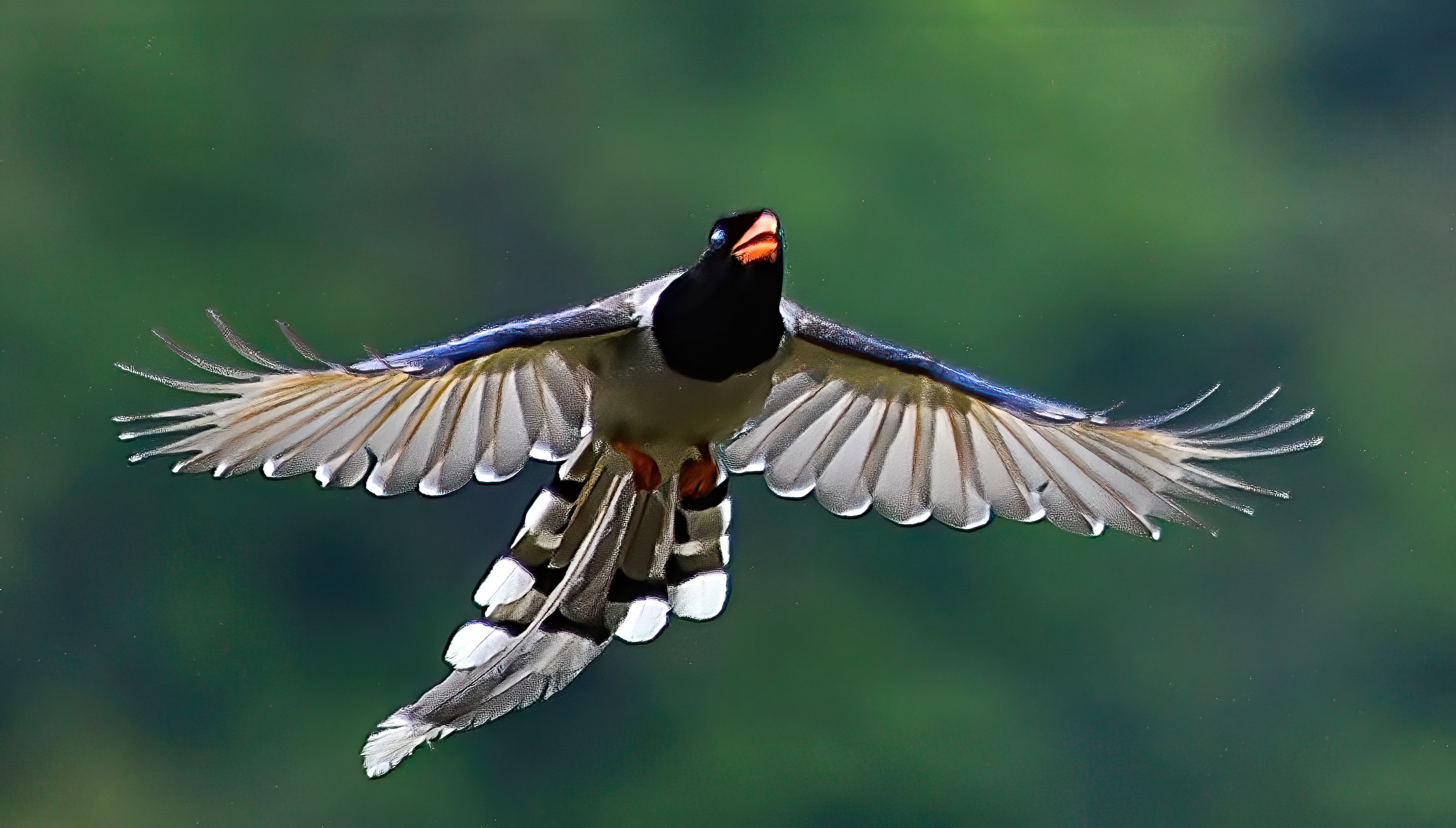The mood at Shisha Lounge and Bar on a Friday is different. As soon as the opening band concludes its show and Air Space gets on stage, there is a roar. The roar, for the most part, is for the band’s lead singer and frontman, Jigmee Wangchuk Lepcha. Embracing the applause, he gets on stage and sings for three hours during which he takes the audience on a trip down memory lane.
“It feels great when you get such great reactions from the crowd,” says Lapcha. “That is what we as performers live for.”
If you go ask anyone from the industry about Jigmee Wangchuk Lepcha, they will tell you how great rock ballads are thanks to his unique high-pitched voice. He has been a part of a lot of bands (mostly cover) since he started his career in Nepal.
While he has always loved the compliments that he has been getting over the years, his main focus, ever since he started doing music, has been to make original music which he can call his own, a force that is driving him on along the journey.
Unplanned stay in Kathmandu
Born in a musical family of Sikkim, Jigmee Wangchuk Lepcha’s life has revolved around music. His father played all sorts of instruments as his aunt sang. Their family gatherings were always musical which inspired a young Lepcha to start singing. Apart from singing at home, Lepcha also sang in a church choir which made him confident and fall in love with the stage.
“I even started a band at school which played at events during festivals in Sikkim,” says the 45-year-old.
As life happened, his band members moved on to bigger cities in India. Lepcha, who had his family in Nepal, came to Kathmandu in 2001 to assess its growing music scene. Spending a few months in Kathmandu, he went to a few gigs around Thamel and he left for Sikkim again.
Then around late 2001, he got a call from his cousin Daniel Kharthak asking him to come to Kathmandu as a band wanted a vocalist.
“Strings were looking for a vocalist and Daniel had given Binayak (Shah) and Imam (Shah) some of my samples that I had left here,” he says. “I then came around late 2001, played a gig with them at the scouts ground in Lainchaur. And, well, as the saying goes, the rest is history.”
Jigmee Wangchuk Lepcha plan was to play the show, spend a few weeks in Nepal and return. But, Karthak asked him to stay and record a gospel album. Lepcha, who had spent most of his Sundays at church, agreed and stayed.

More opportunities came his way around 2002. Dev Rana and Abhaya Subba, who were house musicians at Hyatt Regency Kathmandu, asked him to join their band. Without hesitating, Lepcha joined.
“It was a no-brainer,” he says.
A year on, Rana and Subba left but Jigmee Wangchuk Lepcha stayed on. He called the band back from Sikkim and played at Hyatt until 2009.
Quest for appreciation
He was getting paid quite well at Hyatt, but he wanted more than just money. He wanted to play the music that he liked. So, after playing for nearly eight years, Lepcha quit playing at Hyatt and started singing in Thamel.
“The money was great, but we hardly got appreciated there. Only a few people noticed you and complimented you. Don’t get me wrong, it was great playing there. But, I had come to a point where I needed to move on.”
But, Jigmee Wangchuk Lepcha knew he would not survive just playing in Thamel, so he also started to teach in various schools across the valley. Post Hyatt, he also released his solo album Ulka (The Shooting Star). But, it did not go as planned and after an offer by Strings to become their lead singer, he joined them in 2009.
He struggled for a bit, but then got immersed in the music scene. He says he was quite encouraged during these times by people from the music community.
“They kept me going.”

The live music scene back then was different. Bands were hardly paid well and had to manage the entire gig themselves. The music was different too. While the underground musicians around the Godavari Alumni Association (GAA) mostly played black, thrash and death metal, the scene in restaurants in Thamel was different.
“The band mostly played pop, soft rock, and reggae. I changed that to rock and hard rock,” he says. “Initially, it was odd. But, people started loving it. It changed after that and I feel quite pleased I was a part of the change.”
As Jigmee Wangchuk Lepcha played for the Strings, he also played with the Midnight Riders, where musicians from different bands played, mostly for fun.
On the move
But, Lepcha wanted something serious. While he enjoyed doing covers, he wanted to do his own music. He approached Strings, but with other commitments, the band members could not give him the assurance about doing originals. So he quit them and went to the Midnight Riders.
By 2017, he was a key part of the Midnight Riders as they released their debut album Yaatra, in which his powerful high-pitched vocals were adored by the audience. However, again due to lack of consistency, he walked away from Midnight Riders.
“When I told them that I wanted to leave, they were quite supportive and respectful of my decision.”
He now sings for Mt 8848 who he joined after their lead vocals left Nepal in late 2019.
“They met me at Shisha when I was playing with Air Space. They wanted someone and I joined them after they felt that I could do well,” he says.
Jigmee Wangchuk Lepcha had a pretty hectic 2019 as he toured with them around Nepal. Currently, they are recording an album which is due to come out later this year and a music video is in the works for a release around later this month.
His plan, he says, is to continue doing music and teaching it. As a huge rock fan, he hopes he can do another tribute gig, this time for legendary rock band Deep Purple.
“The ACDC gig was great, which is why we want to do this. Hopefully, after things turn a bit better, we shall do it.”


























